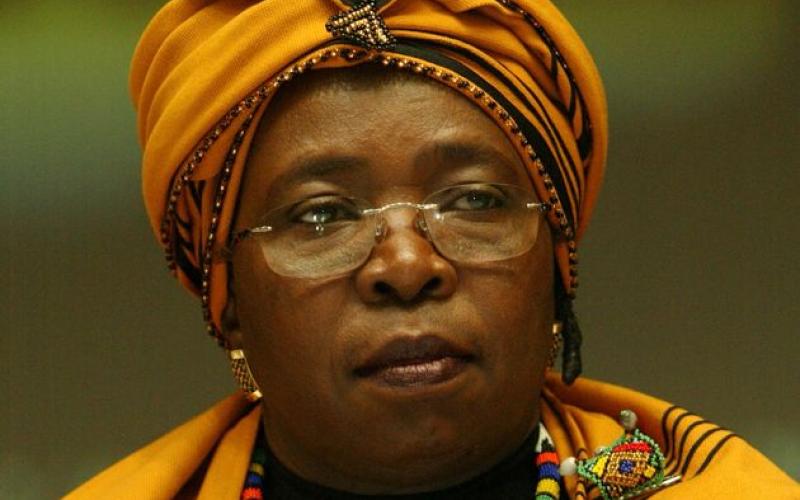Today [April 16], the Minister of Cooperative Governance and Traditional Affairs (Cogta) Nkosazana Dlamini-Zuma informed the public that business will not resume as usual once the lockdown is concluded. Instead, consumers can expect a gradual ending or transition out of lockdown.
Dlamini-Zuma said that gradual easing of the lockdown is necessary, and that more harm than good will be done if everyone were to have immediate access to all things they did before lockdown once it is lifted.
“Because we will be easing or opening up the lockdown in an incremental manner, we will announce every week which area will be opened and announce the conditions of that opening,” Dlamini-Zuma said. Schools might be opening. Industries will have to slowly come on stream. It’s an orderly way of easing the lockdown. You can’t just open the flood gates. New areas will come on stream every week and some will remain for a very long time.”
During her speech, Dlamini-Zuma announced that the regulations that exist are “being extended”.
Jackson Mthembu, Minister in the Presidency, added that many of the regulations were planned to come to an end today, but would need to be extended until April 30.
“Some measures will remain beyond the lockdown. Not everything will go back to normal after the lockdown,” said Dlamini-Zuma.
The following amendments were made to lockdown regulations:
– Funeral regulations will remain in place. This means that less than 50 people will be permitted to attend funerals, and a death certificate or copy thereof will be needed for a court magistrate or police member to grant one permission to travel to the funeral.
– The transportation of liquor is prohibited, and only the transportation of alcohol for hand sanitiser production will be permitted.
– All goods from high-risk area will be sanitised before they are received. Goods that are at sea for extended periods of time need not be sanitised as the virus does not survive that period.
– Retail call centre employees are permitted to return to work, as they are essential in helping consumers settle their store accounts and debts, as well as for insurance claiming assistance.
– Plumbers and electricians are also open for business again, as they are deemed an essential service. Trades necessary for repair are also included, such as locksmiths and carpenters.
– Eskom coal mines are permitted to operate at 50% capacity. Those returning to mines will be screened and tested.
– Those who are co-parenting during lockdown will be able to fetch their children from the other parent, as long as there is proof of a connection with the child. This includes a birth certificate or family advocate papers.
– Items at port that need to be exported will be sent to wherever they need be as this congests ports.
– IT professionals will be allowed to work.
Read the full document here.
In addition, Minister of Transport Fikile Mbalula announced slight changes to transport regulations for the remainder of the shutdown. These include the continuation of the 70% taxi capacity rule, a review of the kinds of cargo being allowed to be shipped into the country and a halt on the shipment of wine for export purposes.
After allowing for the shipment of wines for export purposes, the Department saw an increase in issues around illegal alcohol transportation and looting of alcohol stores. While they are reviewing how to deal with these concerns, all movement of alcohol including wines for experts has been stopped.
Picture: Pambazuka.org

